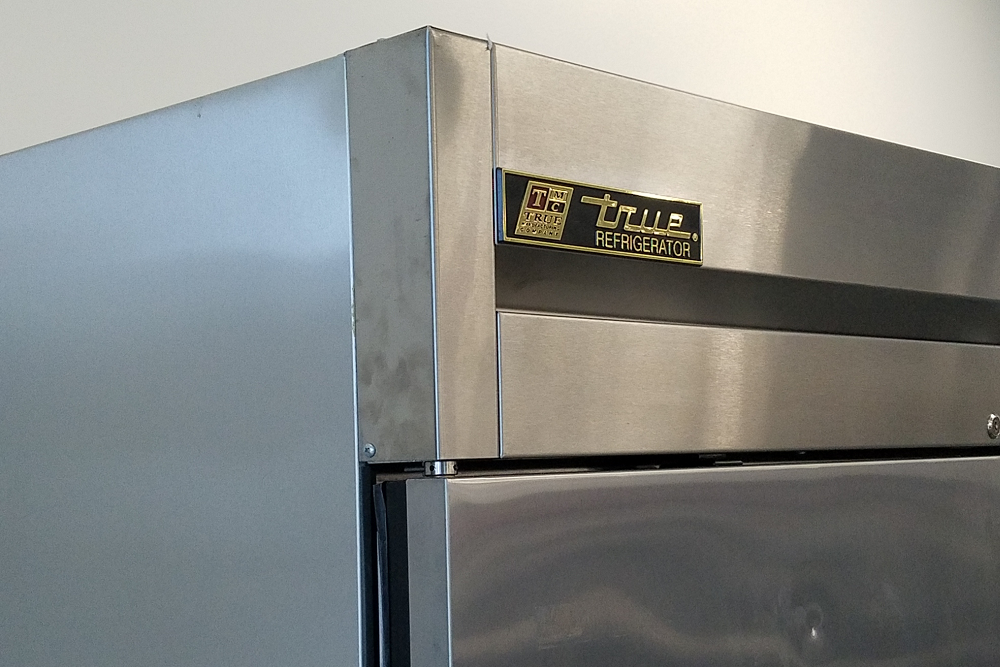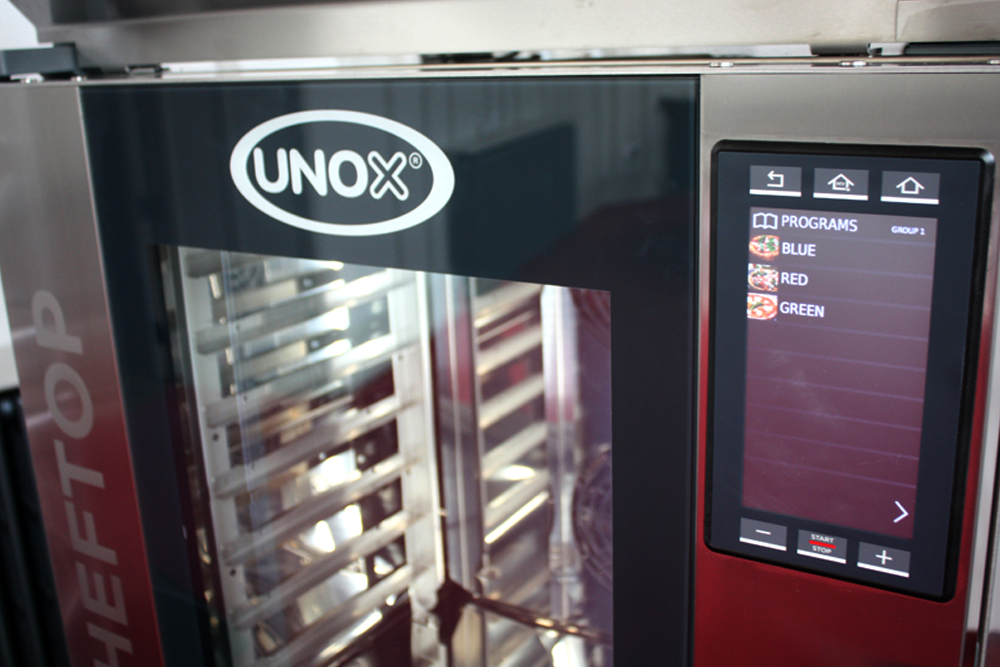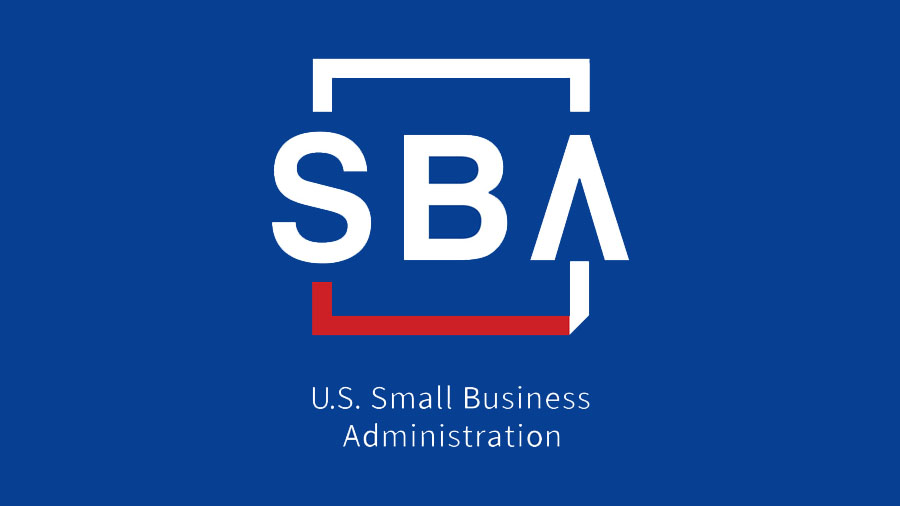There are many reasons business owners consider applying for a business loan. Maybe you are trying to get your business off the ground or take it to the next level. Or it can be that you are trying to solve some short-time cash flow issues. Short-term business loans are a potential choice for meeting short-term cash flow challenges and meeting other needs that do not require longer-term funding options.
Based on the business need you are trying to fill, a long-term loan may not be the best answer. For instance, borrowing to make excessive use of steep discounts on quick-turnaround inventory is very hard from borrowing to buy a new warehouse. It might be an oversimplification; however, most people would not use a thirty-year loan to purchase a new car. The accumulated interest would make the total cost of the auto too expensive. Instead, it might be worth considering short-term business loans to solve your issue. Here is how to tell if you are qualified for a short-term business loan.
What is a short-term business loan?
A short-term business loan, sometimes known as a working capital loan, is crafted to offer small business owners with fast access to the working capital they require to address short-term financial problems. Like any other term loan, you will get loan funds in a lump-sum payment and then pay it off over the business loan term. Short-term loans incorporate any loan with a term that can be from three months to three years.
However, in some cases, you may get access to a revolving line of credit in the form of a credit line. Most modern credit lines also come with a defined term; however, unlike a term loan, you can get your line of credit when you need it, repay what you have obtained, and utilize it again over the term of the credit line. What is more, you will only pay interest on the amount of credit you use.
Provided your business is experiencing a cash flow crunch or has an opportunity to take advantage of an offer that will accrue more profits, short-term businesses can assist in both situations. In addition to the fact that eighty-two percent of the United States-based small businesses fail due to cash flow management issues, the opportunity costs lost by being undercapitalized can not be ignored either. Looking at short-term funding as solely bail-out funding would shorten what a business can do with fast access to a short-term loan.
Requirements for qualifying for a short-term business loan
Since short-term loans come in different sizes and shapes, every lender will probably have their own qualification criteria; however, as a general rule, those requirements are less stringent than a traditional term loan at the bank.Many online lenders providing short-term funding today, for instance, want to see at least a year in annual business revenues of $100,000, and cash flow that will support weekly and daily periodic payments. The personal credit score requirement for these loans is also much less strict. Some short-term lenders will accept a loan application if the business owner has a personal score of at least 550- substantially less than what would be accepted at the local bank.
When you are applying for a short-term business loan, you should contemplate being asked to show the following:
- Your time in business
- Your annual revenues
- Three months of bank statements
- Your business account
- Your business credit profit
- Your personal credit score
- Your business tax ID number
Some lenders may ask for more, and there may be lenders that will need less; however, most will need to see this information to process your loan application.
What businesses use short term business loans?
Seasonal businesses, companies that often wait on credit customers to pay their bills, and retail businesses with accelerated inventory needs are prime candidates for these short-term loans at particular times of the year.
Reasons why small businesses seek these loans
- Small equipment purchases
- Support existing business
- advertising/customer acquisition/advertising
- Expansion
- Cash flow shortages
- Supply/inventory
- Working capital
- Emergency capital
- Aid debt refinancing
- Maintain furniture
Best short-term business loan options
Some of the best short-term loans in the market today
Short-term loans
Generally, short-term loans are a lump sum fixed amount upfront, with a fixed duration of time to repay, generally six to eighteen months. This is a great solution when you cannot get accepted for more traditional loan products. A fixed cost or factor rate is charged for most loans of this type. Documentation requirements and credit score requirements are less strict than traditional loans as well. Payment frequency can be bi-weekly, weekly, or in some situations, Monday all through to Friday, and terms are often shorter to compensate for the higher risk. As a result of these features, it might have approval rates than traditional lending options.
- The product overview
- Processing time: fast financing: same-day financing up to twenty-four hours
- Credit standards: All credit types considered
- Payments: Bi-weekly, weekly and in some cases every day Monday to Friday
- Origination fees from zero to three-percent
- Terms: six to 18 months in duration (generally 12 or less)
- Rates: the factor rates range from 1.09 up to 1.35 percent
A business line of credit
Typically, a business line of credit is an open revolving line of credit. The product enables the owners to draw funds at will or make purchases up to a set limit. A business line of credit charges interest and principal rate and requires either a renewal semi-annually to be extended. Business lines of credit provide flexibility in accessing capital that short-term loans do not have.
The business line of credit overview
- Processing time: Fast processing times. Same-day financing or up to a week
- Credit standards: Good- excellent credit preferred. All credit considered.
- Payments: Monthly or weekly or bi-weekly payments
- Fees: Origination fees can range from 0 to 3 percent
- Terms: open revolving line of credit
- Rates: Interest rates starting treasury index and one to 2.5-percent
Purchase order financing
Purchase order funding does not require any money out of the pocket. It is a finance option that offers the ability to raise capital to pay suppliers upfront for verified purchase orders. The advance frees up cash flow that would ordinarily be needed. Purchase order funding can fund an entire order or a section of it, based on the scenario and purchase order. Once a supplier is ready to ship the order, the supplier will request payment to which the purchase order funding company will advance the money to the supplier and then collects payment directly from the client. The purchase order funder then will deduct their fees and then send the balance of the invoice, so they act both as a collection company and advancing company.
Purchase order funding overview
- Processing time: roughly it takes a few days up a week to set up purchase order funding
- Credit standards: all parties require a favorable credit score history
- Fees: Typically purchase order fees range between one-six percent of purchase order based on risk
- Terms: No term limits
- Rates: none
Is a short-term loan right for your business?
The short answer to this question is yes; however, it will depend on the reason you are borrowing the money. Continually, short-term loans will have a higher periodic payment than a longer-term loan; however, they will possibly have a less accumulated interest- potentially making the total dollar cost of the loan much less. Besides, for loan terms under a year, APR is not the best way to express the costs due to the way APR is calculated, the costs might even appear to be higher than they really are.
For instance, if you borrow $10,000 over six months at an APR of 67.5 percent, you will have to pay a total of $1,500 in interest cost. While borrowing the same $10,000 at 22.5 percent over four years, you will pay $4,800 in total interest costs. Based on the use case, even at 67.5-percent, the shorter-term loan could be the ideal choice. This is mainly true for loan purposes with a defined ROI, such as buying inventory.
Sometimes these short-term loans are known as unsecured business loans since they do not require specific collateral; to be used to secure the business loan. Technically, this is a misnomer, since today’s genuinely unsecured loan is scarce and only available to a financial institution’s biggest and more creditworthy customers. Even though these loans are not generally secured with particular collateral, they are secured with a general right on business assets and a personal guarantee.
This is good for companies since it makes it possible for a business without assets that would be regarded for collateral to access borrowed funds. Once you apply for a short-term business loan, you should expect this and the need to sign a personal guarantee.












